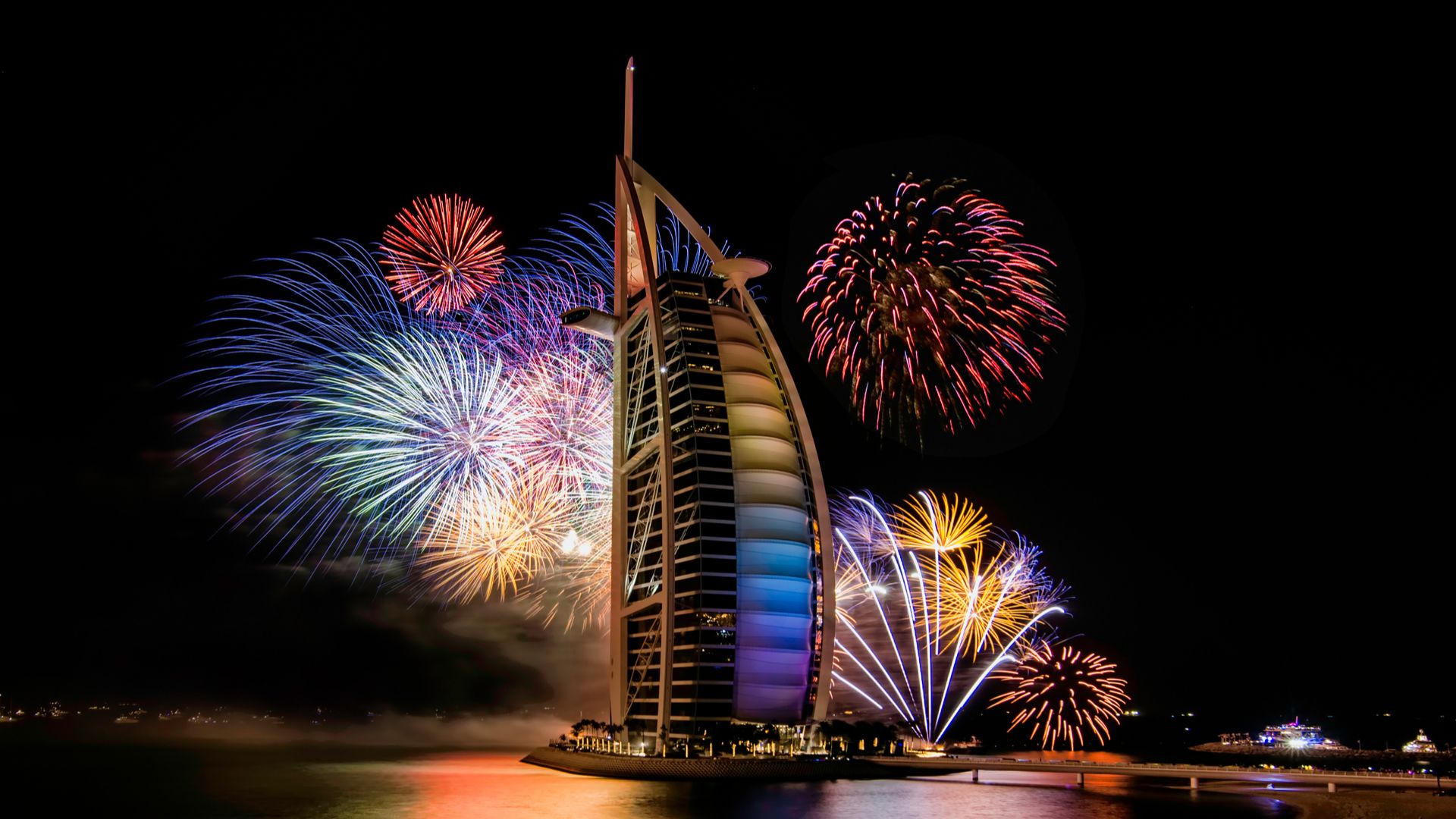Gulf nations have seen a massive increase in Chinese tourism in recent years, in part because the United Arab Emirates began catering to China’s high-end traveler years before other destinations caught on.
This year, Jumeirah Hotels and Resorts marks its 10th year of Chinese New Year events at its luxury Dubai and Abu Dhabi properties — they attracted 16,939 guests during the 2018 lunar festival — while Dubai airport is launching a “China-ready” campaign to spur retail consumption amid the tourist influx. It’s all part of a huge regional marketing push by the UAE and other Gulf nations to welcome 2.9 million Chinese tourists annually by 2022, an 81 percent increase from the total in 2018
For travel-industry players, Chinese travelers are a particularly attractive clientele. They’re the second-biggest credit-card spenders in the UAE behind Saudi Arabia, according to data collected by Dubai bank Mahreq; Chinese spending in the region soared 50 percent year-on-year in 2018. That Chinese traveler spending doesn’t even include mobile payment transactions that are becoming more widespread, particularly at duty-free shops. Dubai International Airport, which saw passenger traffic between the city and China increase six percent in 2018, has already adopted Alipay.
The UAE has taken steps to accommodate the high-spending Chinese visitors, with Dubai International Airport now accepting Alipay
Jumeriah’s 10 hotels in Dubai and Abu Dhabi alone welcomed 212,000 Chinese guests in 2017. The most recognized hotel in its portfolio is the towering luxurious Burj Al Arab, which juts out, much like a sail, into the Persian Gulf. The Chinese New Year package for guests staying there between February 4 and 11 starts at $2,545 per night and includes Rolls-Royce airport pickup. In addition, Burj Al Arab will offer guests traditional Chinese New Year meals and activities. Although not particularly active, Jumeirah and Burj Al Arab have official WeChat and Weibo accounts to connect with guests in Mandarin.
Meanwhile, Dubai will host a month of Chinese New Year activities, which Hala China claims will be the largest celebrations outside China. Several top tourist destinations will be elaborately decorated for the holiday and, interestingly, some of the events will encourage visitors to spend on experiences rather than souvenirs during their stay in the city.
In first 11 months of 2018, Dubai hosted 800,000 Chinese tourists, an increase of 12 percent from the same period in 2017. Dubai is expected to benefit the most from the marketing push as it is the top destination in the Middle East for Chinese travelers, particularly those journeying to the region for the first time.



